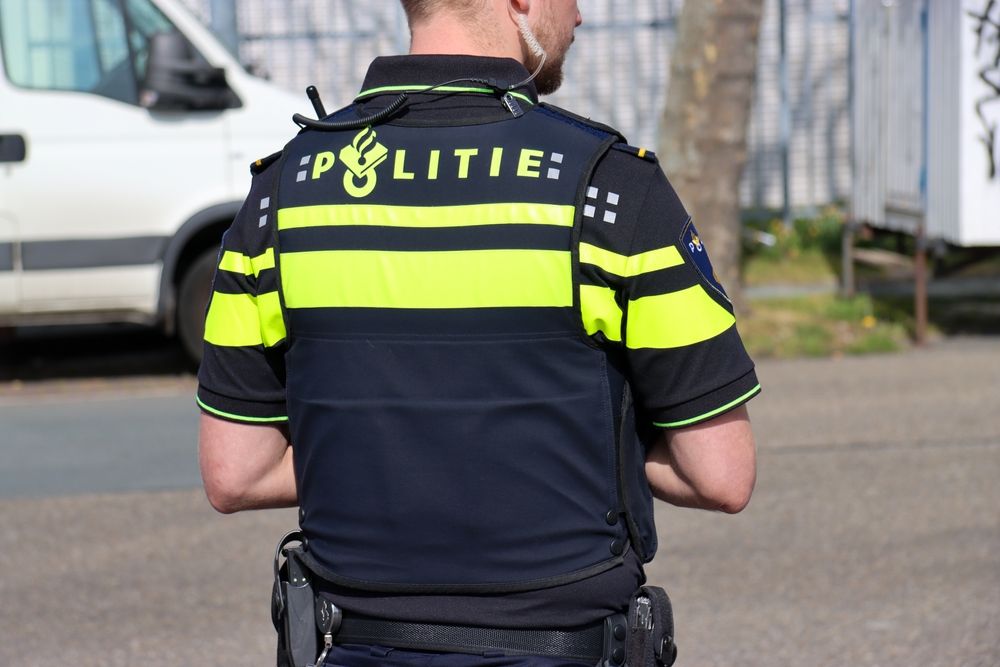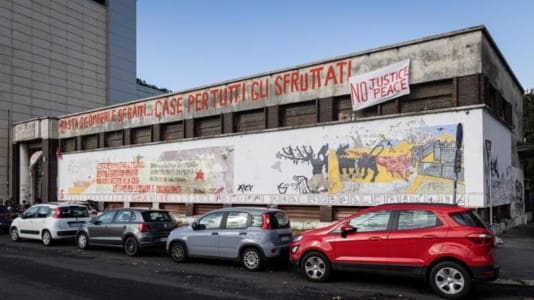A known drug trafficker who is suspected of murdering his fellow law-breaking cousin in Morocco has returned to the Netherlands in order to evade capture, but his presence has reignited a bitter gang feud on the streets of Rotterdam.
Soufiane B., a 29-year-old who holds dual Dutch-Moroccan nationality is accused of stabbing his cousin, Hicham, B., to death on the Moroccan beach of Al-Hoceima following an argument over their illicit business.
The pair, both of whom had been living in Rotterdam, were known drug traffickers and it is understood the victim wished to leave the family business and set up his own drug empire, planning to take customers with him.
Hicham was stabbed in the heart with a large blade by Soufiane B., who proceeded to evade capture by driving two and a half hours with his father to the Spanish enclave of Melilla and using the illegal migratory route across the Mediterranean to reach mainland Spain.
According to the Dutch newspaper De Telegraaf, Soufiane B. returned to Rotterdam and his homecoming angered the former entourage of Hicham, B. which vowed to avenge his murder and sparked a bitter feud on Dutch streets.
Dutch police sources confirmed to the newspaper that a few days ago, Soufiane B.’s flat in the city, located on Rembrandtstraat, was attacked as gang members sought revenge. Two men were arrested and were found to have a bag on their persons containing flammable substances. The pair remain in custody.
The ongoing matter has important context given the ongoing treaty negotiations relating to the extradition of criminals between Morocco and the Netherlands, which has a considerable Moroccan minority population.
Whilst the police and the public prosecutor’s office in Rotterdam refused to comment on the case, De Telegraaf reported that there does not appear to have been an extradition request made by the Moroccan authorities, with legal experts suggesting that Soufiane B. could continue living freely in the Netherlands until such a request is made.
“If there is no criminal case against the suspect in the Netherlands, he is a free man here until Morocco makes an extradition request,” Geert-Jan Knoops, a lawyer who specializes in international criminal law, told the newspaper.
Alternatively, it is understood that Morocco could ask for the criminal investigation to be transferred to the Netherlands so that the suspect could be tried there.
“It can then transfer the criminal case to the Netherlands. In that case, Morocco will have to hand over the evidence to the Netherlands for prosecution here,” Knoops added.
A further complication could be Soufiane B.’s dual nationality, which could hinder any extradition request should one be forthcoming.
A Ministry of Justice spokesperson told the newspaper that should Dutch police locate the suspect, an arrest could only be made on the basis of what is known as a red notice, namely a request for provisional arrest or extradition from Morocco.
“For the latter, a treaty basis is indeed always required. There is currently no bilateral extradition treaty. If a person whose extradition is requested has Dutch nationality, regardless of any dual nationality, our country cannot in principle extradite this person,” the spokesperson said.
The legal complexities could result in a dangerous suspected killer remaining free to roam Dutch streets and highlight the need for the extradition treaty, which has been negotiated and is expected to be submitted for parliamentary debate this autumn, to be ratified.
Aside from the suspected murder, Soufiane B. is a hardened criminal and is already well known to the Dutch police. Shortly before his bloody holiday to Morocco, he was released from a five-month prison sentence after being convicted of selling and transporting 1.2kg of heroin.
He has also previously been convicted of other drug trafficking offenses.






